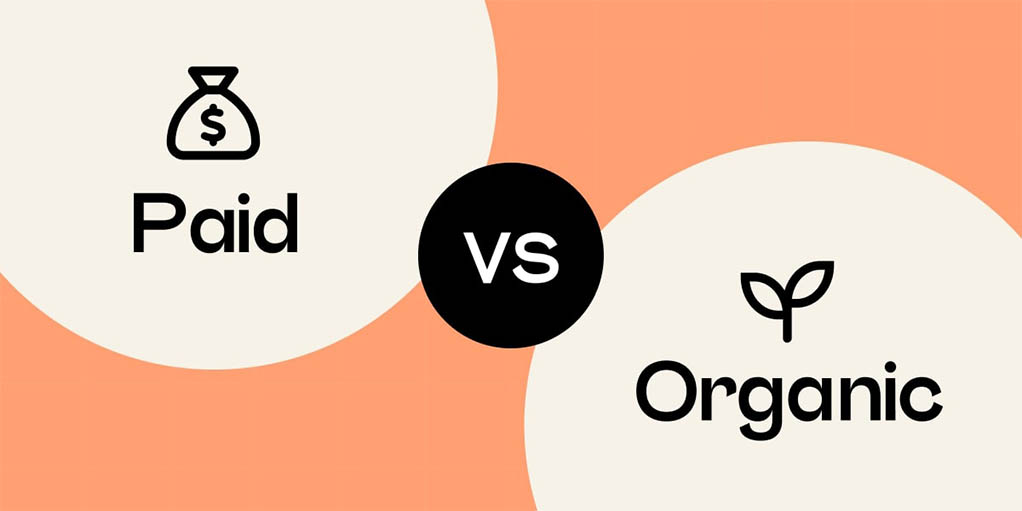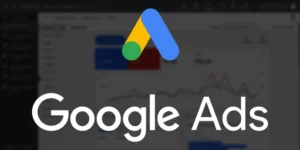Digital marketing has become a cornerstone for businesses aiming to build a solid online presence. Two prominent strategies dominate the landscape: paid strategies and organic strategies. While both have their advantages and challenges, understanding their nuances can help businesses decide which approach—or combination of both—is best suited to their goals.
Understanding Paid Strategies
Paid digital marketing involves allocating budget to platforms like Google Ads, Facebook Ads, or LinkedIn Ads to promote products or services. This strategy is focused on achieving immediate visibility and results.
Advantages of Paid Strategies
- Fast Results: Generate traffic and conversions almost instantly.
- Targeted Audience: Leverage precise targeting options based on demographics, interests, and behaviour.
- Scalability: Easily adjust budgets and campaigns to meet business needs.
- Measurable Outcomes: Tools like Google Analytics provide clear metrics on ROI and campaign effectiveness.
Challenges of Paid Strategies
- Cost: Continuous investment is required for sustained visibility.
- Expertise: Effective management often requires specialized skills.
- Ad Fatigue: Overexposure to the same audience can lead to declining engagement.
Understanding Organic Strategies
Organic digital marketing focuses on naturally building brand visibility through non-paid methods, such as search engine optimization (SEO), content marketing, and social media engagement. It emphasizes building trust and delivering value to the audience over time.
Advantages of Organic Strategies
- Cost-Efficiency: Requires minimal financial investment, making it ideal for smaller budgets.
- Long-Term Benefits: Content and relationships built organically often yield sustained results.
- Builds Credibility: High-quality content establishes trust and authority in your niche.
- Search Visibility: Optimized content improves rankings, driving more traffic to your site.
Challenges of Organic Strategies
- Time-Consuming: Results can take months or even years to materialize.
- Competitive Landscape: Standing out in a crowded digital space can be challenging.
- Continuous Effort: Requires consistent engagement and content creation.
Paid vs. Organic Strategies: Key Differences
| Aspect | Paid Strategies | Organic Strategies |
| Speed of Results | Immediate | Gradual |
| Cost | Ongoing investment | Minimal monetary cost |
| Sustainability | Short-term without continuous funding | Long-term with consistent effort |
| Targeting | Highly customizable | Broad and natural |
| Credibility | May feel promotional | Builds trust through authenticity |
When to Choose Paid Strategies
Paid strategies are ideal for businesses that:
- Need immediate visibility for product launches or promotions.
- Aim to reach specific audiences quickly.
- Have a dedicated budget for marketing campaigns.
- Want to test and analyze audience responses in a short time frame?
Examples of Effective Paid Strategies
- Running a Google Ads campaign to drive traffic during a sale.
- Launching a social media ad to promote a new product.
When to Choose Organic Strategies
Organic strategies work best when:
- Your goal is to build a sustainable online presence.
- You aim to establish credibility and trust with your audience.
- You have limited financial resources but can invest time and effort.
- You’re focused on improving search engine rankings for long-term visibility.
Examples of Effective Organic Strategies
- Creating a blog series that answers common customer questions.
- Building a social media presence with regular, engaging posts.
The Hybrid Approach: Combining Paid and Organic
For maximum effectiveness, many businesses adopt a hybrid strategy that leverages the strengths of both paid and organic methods.
How to Combine Strategies
- Use paid ads to drive traffic to valuable organic content like blogs or videos.
- Invest in SEO to ensure that content ranks well in search results long after campaigns end.
- Retarget visitors from organic efforts with paid ads to re-engage and convert them.
Conclusion
Paid and organic strategies each offer unique benefits, and the choice between them depends on your business goals, budget, and timeline. While paid strategies deliver fast results and precision targeting, organic efforts focus on building trust and sustainability. A balanced approach combining both can help you achieve short-term wins and long-term success in digital marketing.
To learn more or to acquire our services, please contact us at https://paypercampaign.com





